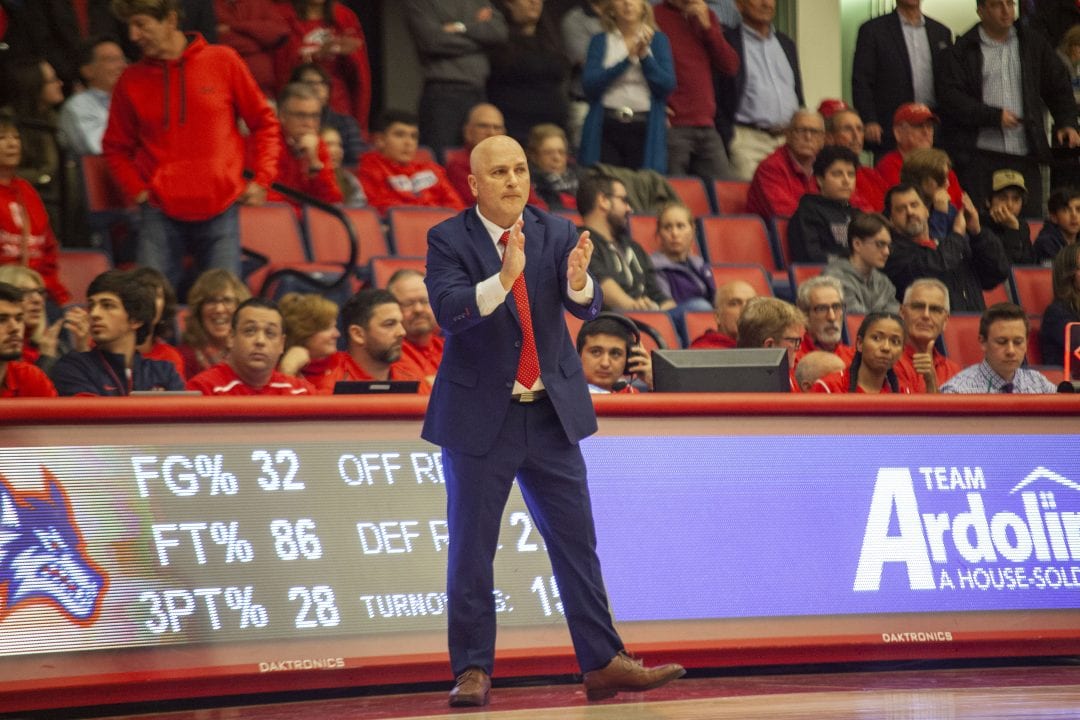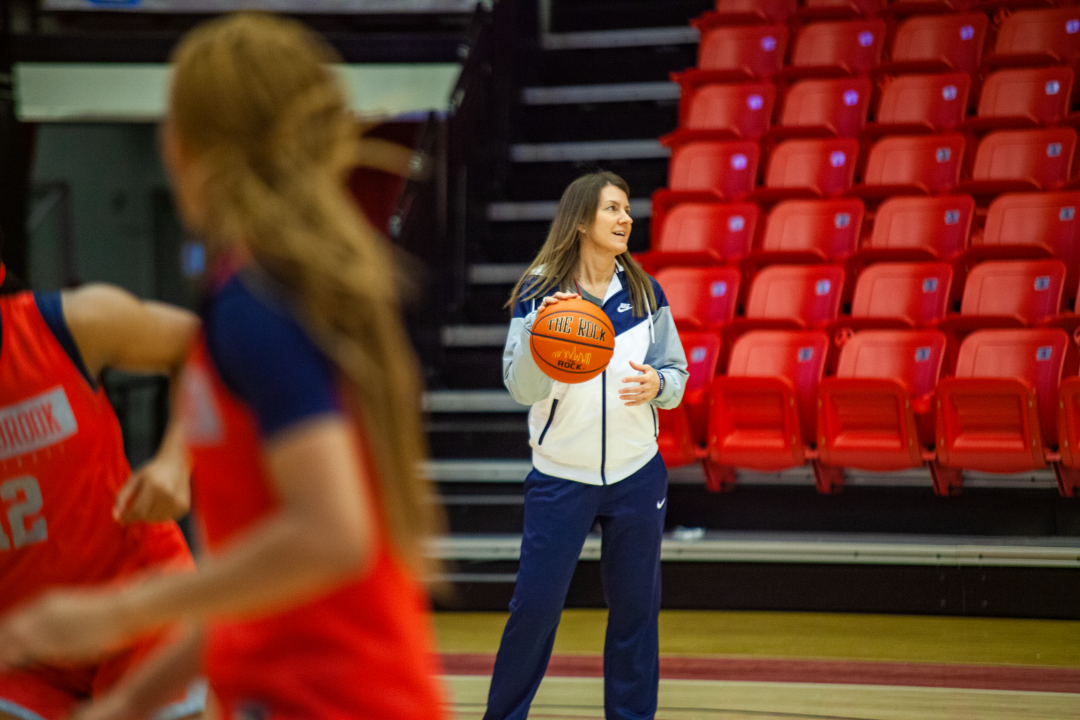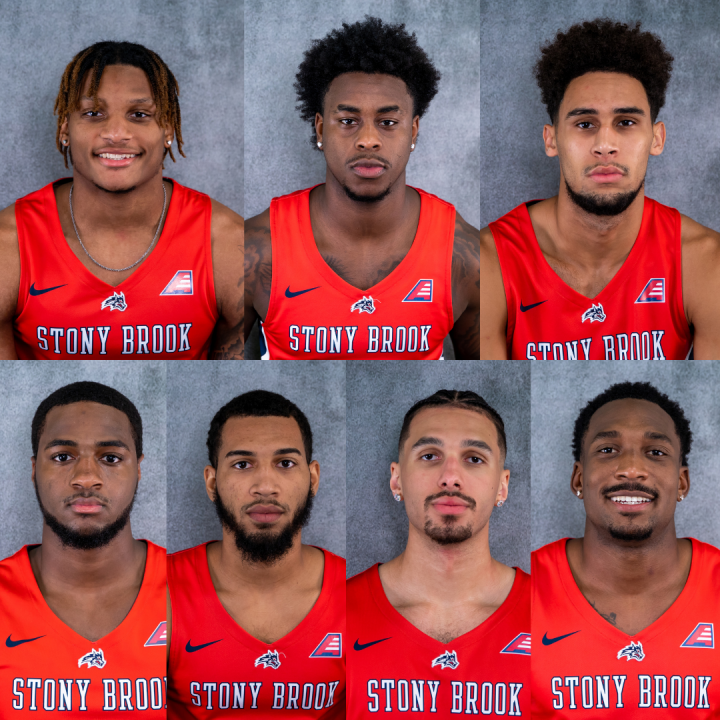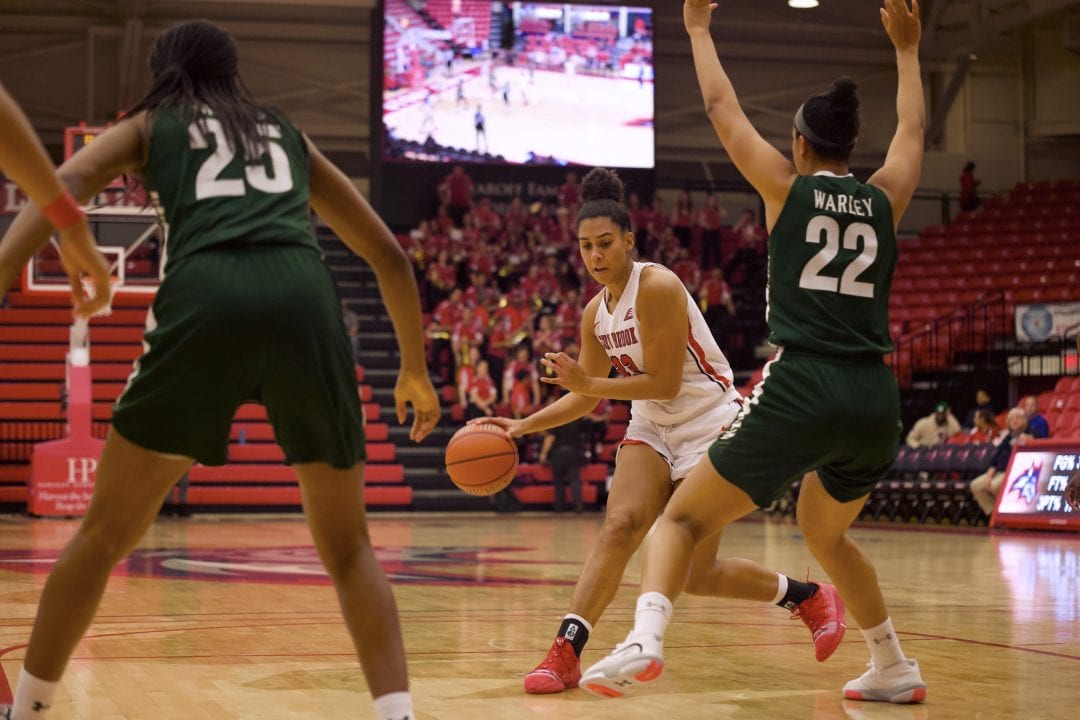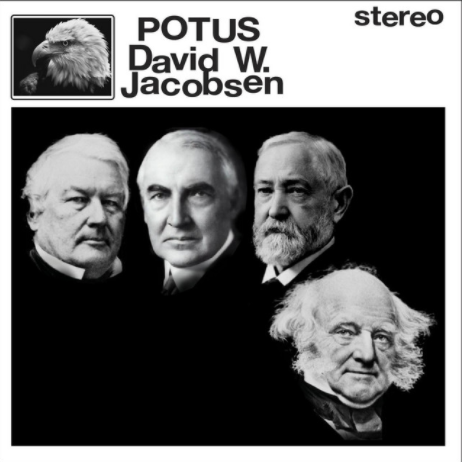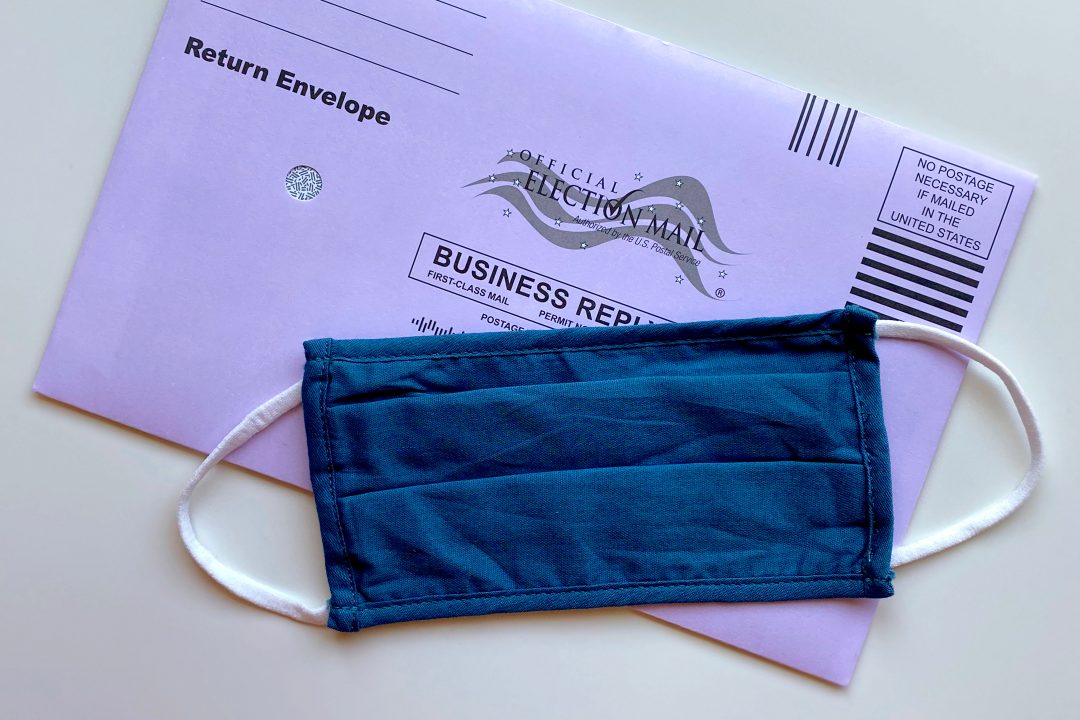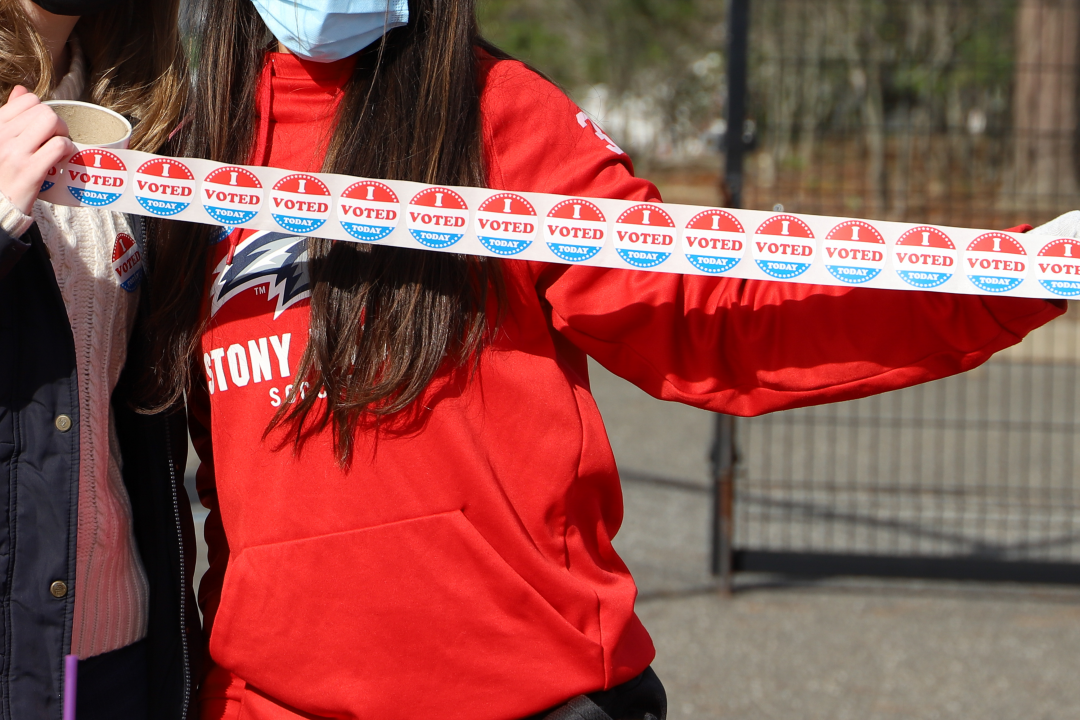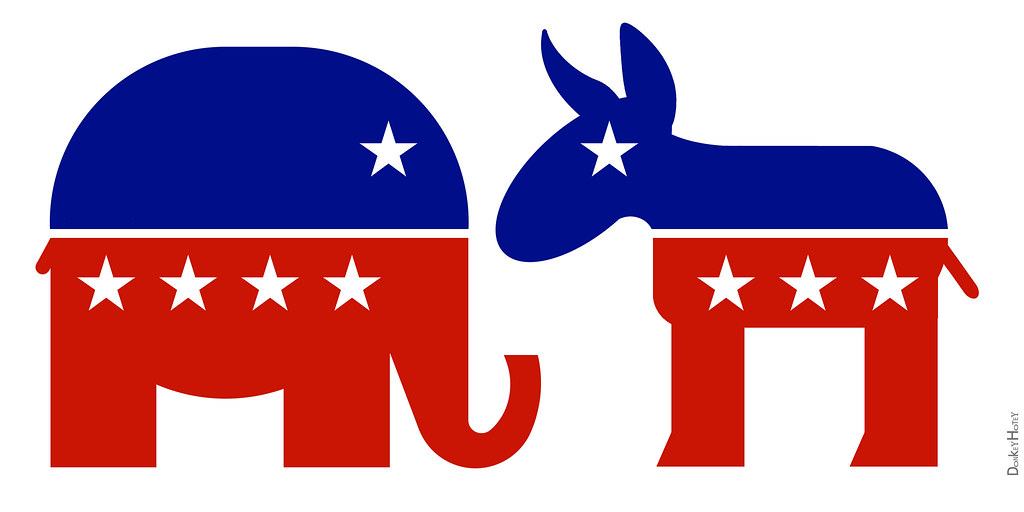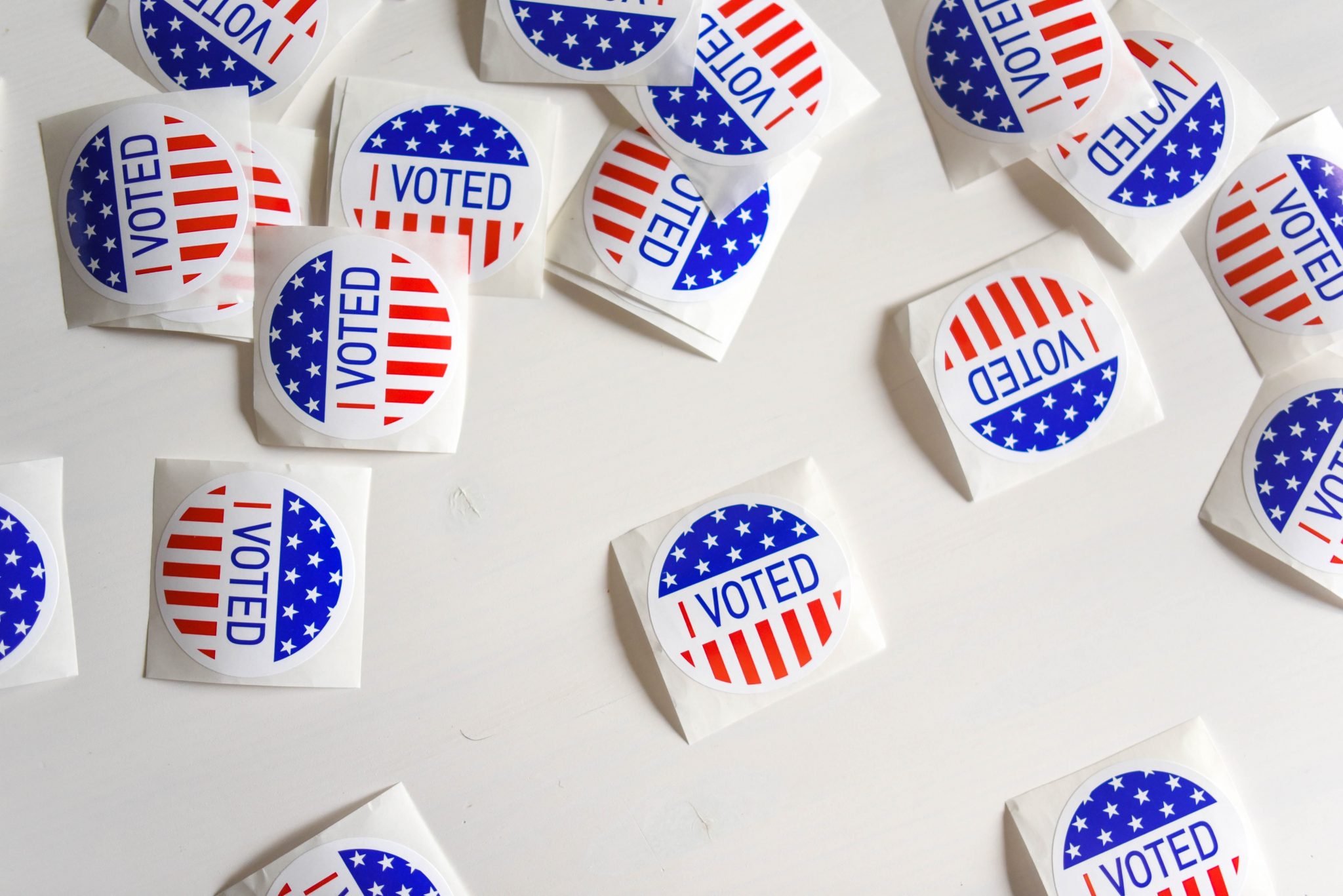
The Center for Civic Justice had a single mission before Nov. 3 — to get students to vote. The center provides services and support for programs and opportunities that develop and empower students to contribute to their community. Voting during elections allows students to do so.
“My one true goal with the center is [that] I want students to leave this university better equipped to take on the challenges of the world and be put in a position where they can be a leader to help their communities to overcome those challenges,” Steven Adelson, the coordinator of the Center for Civic Justice, said.
However, the coronavirus pandemic has affected the way the center can engage with students.
“COVID-19 has completely shifted the way in which we need to think about supporting students and their right to vote,” Adelson said. “As recent as this summer, when we were thinking about how we support new students as they’re arriving to the university and registering to vote because traditionally, we’re at in-person orientation with new students and we’re going through that voter registration process with them.”
Even with the pandemic, the center has not stopped from pushing for more voter engagement.
Instead of having the usual option to go through the voter registration process with students in person, the center would instead conduct the process virtually and then have in-person students sign. If the student was completely remote, the center would mail the student an application along with a pre-stamped and pre-filled envelope.
The center helped over 2,400 students register to vote this past summer, according to Adelson. They have also recently partnered with the medical, dental and public health programs to help with voter registration during orientation.
Back in 2016 when the center was created, they established a “Commitment to Democracy,” which is an action plan developed to outline the university’s short- and long-term commitment to student democratic engagement.
“Our philosophy is that every student, when they come to Stony Brook, should have an opportunity to register to vote before their first day of classes because we see voter registration as the first inherent barrier to being able to cast your ballot,” Adelson said. “If we help you to overcome that barrier, then you are more likely to be able to use your vote as your voice.”
The pandemic has also made the center reconsider the different ways that a student can vote: via early voting, in-person on campus or absentee ballots. They have been trying to encourage as many students as possible to request an absentee ballot.
“In the event that they can’t vote in person or don’t want to vote in person, they have that plan B, and maybe for some students, voting by mail is their plan A, so we want to make sure that everyone can consider all of their different options this year,” Adelson said.
In terms of numbers, the center has seen increases in voter turnout throughout the years. In 2014, before the center was first established, student turnout for the midterm elections was about 12%, according to Adelson. For the 2018 midterm elections, student turnout increased to about 36%, tripling the turnout rate.
In the 2016 presidential election, Stony Brook students voted at a rate of about 53.2%, according to the center’s 2018 “Our Commitment to Democracy” report. About 11,099 students voted in total, which was about a 43% increase from the 2012 presidential election.
For the 2020 presidential election, their goal is to increase student voter turnout rate to 70%.
Adelson said he thinks that their goal will be met due to the surge of energy he sees in young voters.
The Harvard Institute of Politics Youth Poll found that 63% of young Americans say they will “definitely” vote in this election, as compared to the 47% who said the same in 2016. The poll also predicted the highest youth voter turnout in 12 years.
“When it comes to 2020, I can see more and more students asking questions, wanting to make sure that they’re registered to vote in the right location, that they want to know how to do their research and consider all of their options,” Adelson said. “They’re asking a lot of questions, more than ever, and that to me shows a passion and a commitment to making our communities better and leads me to be hopeful that student turnout in this election will be greater than ever.”
Just from the statistics, early voting, youth turnout seems to be surging. More than 7 million voters under 30 have already cast early ballots, according to the data from TargetSmart, compared with about 2 million early votes at the same time in 2016.
The center has also provided a #SeawolvesChecklist for students, which answers questions pertaining to voter status, polling places, early voting and absentee ballots. The checklist primarily consisted of six questions in 2018 and has now grown to over 40 questions.
“It takes into consideration the different types of students that we have,” Adelson said. “So you can make sure that by clicking on your different questions, that you’re getting the answer that’s customized to meet your specific needs.”
Other efforts from the center include providing stamps for absentee ballots, on-campus busses to polling locations during early voting and debate watch nights. Team members of the center have also hosted a “Faculty Student Presidential Election Digital Series” on Instagram, which covered various issues including second amendment rights, immigration and health care.
The center’s staff also includes undergraduate coordinators that help with events and programs, with managing social media engagement and with increasing voter engagement.
Husbaan Sheikh, a junior political science major, began working as a voter generalist intern at the center during his freshman year and is now an undergraduate coordinator. He says that voting is important and that he has enjoyed helping students with the voting process.
“I feel as though we’re privileged to be living in a democratic nation and we should utilize that privilege and the power of the people to participate in the process,” he said. “A democracy really only works when people show up, so we should do our part in that case.”
Tamara Smith, a senior economics major and undergraduate coordinator at the center, said that one of the center’s main goals is to educate and help people with the voting process.
“Students are starting to realize that what is happening in this election affects us,” she said. “Every election counts.”







